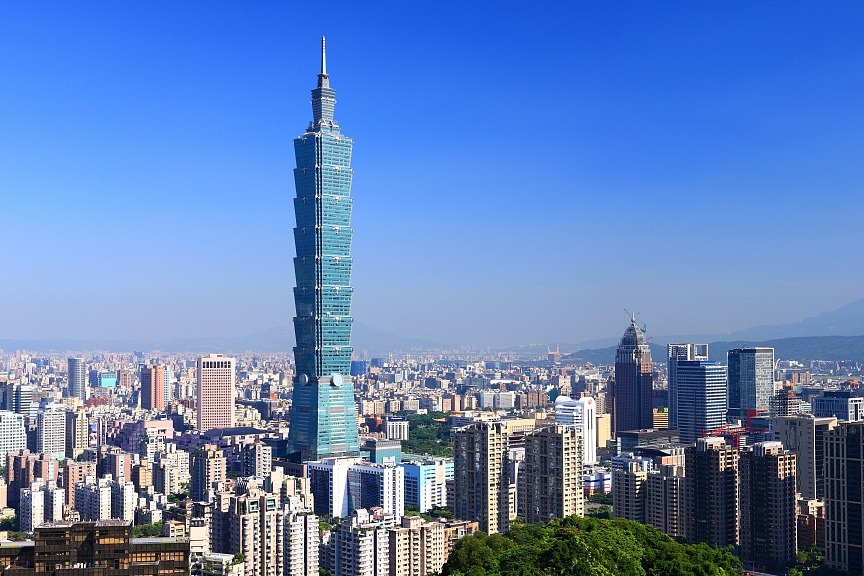Preferential treatment is a blight on local business environments

Huang Ming, president of Himin Group, a manufacturer of solar energy water heaters in the prefecture-level city of Dezhou, East China's Shandong province, posted an open letter on the internet last week, complaining bitterly that the Dezhou Party chief Chen Yong's malfeasance had caused great difficulties for his business. Beijing News comments:
The Dezhou authorities replied immediately that Huang has communicated with local officials face to face, and the "historical problems" reflected in his letter will be studied carefully and resolved.
But if Huang intends to disclose the disciplinary problems and graft of the local Party chief, the Dezhou authorities are not the right receivers of his complaints, he should be delivering them to the provincial or higher level supervisors.
Offending the local government might be the last thing on the minds of businesspeople. But once that is done, it means their businesses have arrived at a life-or-death moment.
According to Huang, several years ago, Himin Group, following the Dezhou government's order, took charge of building a venue for a world solar power city convention that Dezhou intended to host in the near future. But after a reshuffle of the local government two years ago, the government has refused to grant the company the right to use some land, which the former government officials allotted it to pay for the company's construction of the venue.
This case lays bare the tricky relations between successful enterprises and local governments. Some officials view such enterprises as boosts for their promotion, as these companies can beautify local economic data in a short time.
In return, the officials usually provide the companies with preferential treatment, rewarding them with land, tax reimbursements and cheap loans.
The interest exchanges between local power holders and businesspeople mean they both profit from the use of public resources or assets and lubricate their relations with public funds. Once the enterprises become dependent on this preferential treatment, their desire for innovation dies out, and their future is almost certainly doomed should they no longer enjoy the favor of local officials.
Putting an end to local officials' interference is the very first step to ensure that the business environment is characterized by fair play, transparency and the rule of law.


































